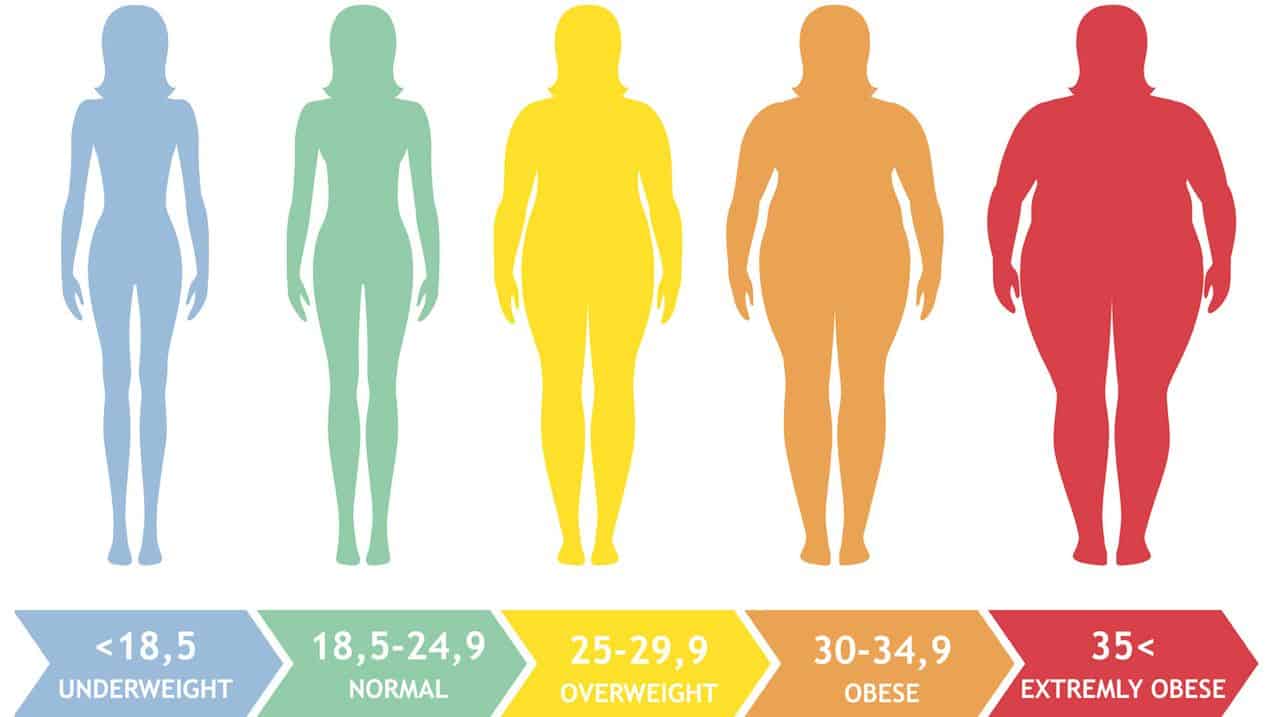In 2020 it’s hard not to have some understanding of what bariatric surgery is and it’s purpose for those suffering from obesity. But unfortunately, even in a time when there is so much awareness around the obesity epidemic gripping the western nations, there is still the misconception that weight loss surgery is the ‘easy option’ and that it is available to anybody who can afford it, much like a cosmetic procedure.
The reality though is not that at all. Although bariatric surgery is actually considered not only a last resort or only remaining option, and often a lifesaving option, it is not as easy as most people think to actually be eligible for surgery. In Australia not only do you have to be eligible, but only a tiny amount of bariatric surgery is available through the public system, meaning that if you do choose to go down this route you will need appropriate health fund cover or to be able to afford to privately fund it. That is, in fact, the first step to whether or not you are eligible for bariatric surgery is if you can financially afford the procedure. That is the first hurdle, that unfortunately many will fall down at, or have to wait at least 12 months after upgrading or adding to their private health cover (or, for some, investing in private health for the first time).
So let’s assume that you’re covered with private health or can afford the procedure, how do you know if you are actually an eligible candidate for bariatric surgery, whether it be a sleeve gastrectomy procedure, gastric bypass surgery or even a gastric band. Please note that this is general advice, in order to fully understand whether you are an eligible candidate for bariatric surgery, and more specifically the type of surgery that would be most appropriate for you as an individual, you will have to consult with a medical professional (whether that be a bariatric specialist doctor or surgeon).
High Body Mass Index (BMI)
Although it is not the only defining measurement of whether or not you are eligible for bariatric surgery, a person’s BMI is often a very useful indicator. A BMI of >30 is considered obese and a BMI of >45 is considered morbidly obese.

In general, a person would need to have a BMI of at least >40 to be considered for most forms of bariatric surgery. Bariatric surgery may also be an option for those with a BMI of >35 if they have other serious health problems as a result of their excess weight, for example, diabetes or heart disease. Health problems as a result of excess weight can most definitely be considered as a reason for weight loss surgery.
However other elements are taken into consideration, such as race/ethnicity and age when using BMI as a guide. Other measurements such as waist circumference are often taken alongside as a measurement of suitability.
What have you tried already?
Bariatric surgery carries the same risks as all major surgeries, in most cases has to be privately funded (by yourself or a with the help of a health fund), and depending on the type of surgery that your medical professional recommends can be not only metabolically life-changing but also require life long lifestyle changes too. Therefore before considering surgery you should have at least explored other options of losing weight, although for some this is unfortunately not possible.
before considering surgery you should have at least explored other options of losing weight, although for some this is unfortunately not possible.
Choosing to follow a calorie-controlled, healthy diet can have a big impact on your weight. Introducing an exercise regime can also have many health benefits. As weight loss surgery requires serious commitment (no matter what type of surgery you are recommended) to lifestyle and dietary changes in order to be successful, it is important to first explore and experience this before considering surgery.
There are also medical options (weight loss medication) available that can aid in weight loss, such as Saxenda. However, as with bariatric surgery, they also require a change in diet and lifestyle in order to be effective.
The next steps
If after reading the above information you believe that you may be a candidate for bariatric surgery and would like to know more, then contact our team at Upper GI Surgery today on (02) 9553 1120 or online, and they will be able to make you an appointment to speak to one of our doctors who can evaluate if you are a suitable candidate and discuss surgery options with you. If you would like to know more about the different types of bariatric surgery available, please click on the links below that will take you to the relevant page on our website:


0 Comments